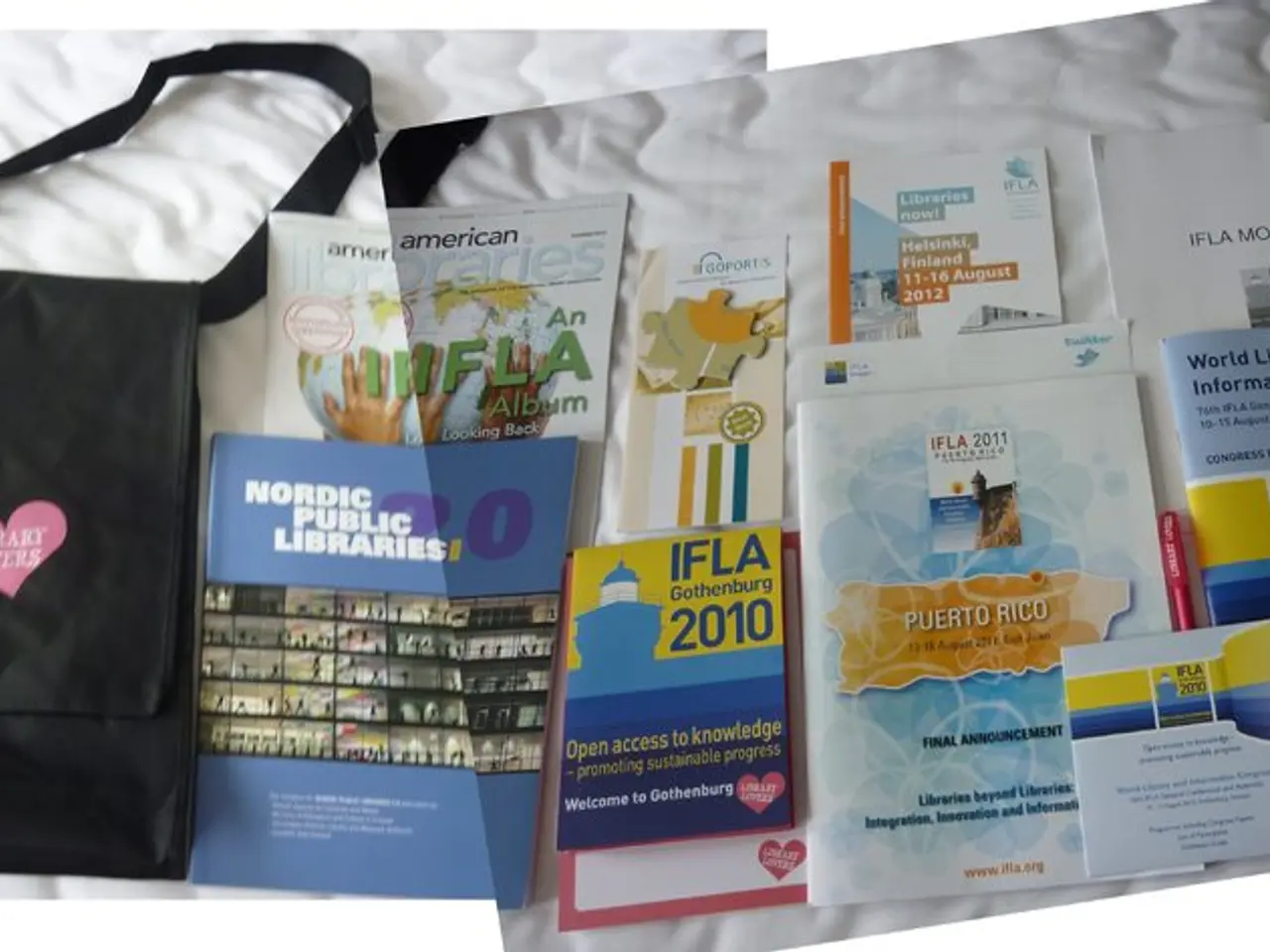Advocates, including female and disabled representatives, and the Council for Integration urge for a robust and protected job market with increased security in Bremen.
Bremen and Bremerhaven, renowned for their port and industrial centers, are facing challenges in integrating and supporting vulnerable groups in the labor market. The State Women's Representatives, the State Representative for the Disabled, and the Bremen Integration Council have called for the strengthening of a social labor market, citing concerns about the future of people with disabilities, refugees, migrants, and single parents.
Current Status
Structural labor market pressures linked to modernization challenges and economic shifts demand social support and targeted labor market interventions. The University of Applied Sciences Bremerhaven underscores the urgency of social workers' roles in meeting societal needs, while initiatives like HY.City.Bremerhaven focus on sustainable industry and innovation, potentially offering new employment opportunities for disadvantaged groups.
Concerns and Demands of Vulnerable Groups
Common concerns include access to stable employment, fair wages, adequate social and childcare support, and integration programs. Support for people with disabilities often requires specialized job training, workplace accommodations, and inclusion programs.
Proposed or Ongoing Solutions
Local institutions promote social work and community engagement. Economic initiatives like the hydrogen filling station project in Bremerhaven indicate efforts to create green jobs and local economic revitalization. Dialogue between political leadership and business sectors focuses on key issues such as education and housing.
Historical Context and Structural Challenges
Historically, labor strikes and social reforms in ports like Hamburg, Bremen, and Bremerhaven have highlighted longstanding challenges in balancing economic interests with workers’ rights and social welfare. Modern port and infrastructure modernization pose risks of job losses but also opportunities for new job categories, necessitating strategic social labor policies.
Funding Concerns and Appeal
Next year, fewer federal and EU funds will be available to support people integrating into the labor market. This situation has caused great concern as people with different support needs may be left behind, potentially leading to existential need and deteriorating social cohesion in the districts of Bremen and Bremerhaven.
The appeal is made to the Senate to not only commit to securing a social labor market but to develop a cross-departmental overall strategy. Projects providing social infrastructure, language courses, childcare, neighborhood cafes, swap markets, recycling workshops, second-hand stores, and sewing and creative offers are essential in ensuring participation through a social labor market.
Given the constitutional guarantees of human dignity and the principle of the social state, ensuring participation through a social labor market is necessary, even considering the current legislative period's coalition agreement. Wilhelm, Frankenstein, and Selda Kaiser (on behalf of the board of the Bremen Integration Council) have appealed to the Senate, the job centers, and the Federal Employment Agency to ensure that people in need of support in Bremen and Bremerhaven are not left behind.
- To address the concerns of vulnerable groups in Bremen and Bremerhaven, it is crucial for the Senate to not only maintain a robust social labor market but also devise a comprehensive, cross-departmental strategy that encompasses projects providing social infrastructure, language courses, childcare, and creative opportunities.
- In light of the forthcoming reduction in federal and EU funds for supporting people integrating into the labor market, the role of policy-and-legislation, politics, and general-news becomes even more significant in advocating for the needs of these groups and pressuring for an inclusive approach that reflects the constitutional guarantees of human dignity and the principle of the social state.







